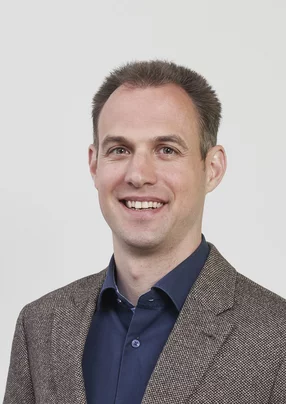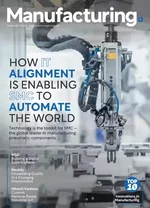A passionate manager with almost 20 years of experience in telecommunications, enterprise architecture, and organisational development, Sven Friedli, CIO of Bell Food Group studied Computer Science and Business Economics at the University of Applied Science in Bern. Following his studies, Friedli worked for a startup in software development and later in his career in several roles at Swisscom.
“In my career at Swisscom, I learned a lot about managing and delivering IT projects and telco services as well as steering the IT strategy and enterprise architecture of the company.
Today, I lead the IT of Bell Food Group, and I am responsible for ensuring stable IT operation for our production plants, networks, data centres and digital processes. This is quite a challenge with all our locations spread over Europe. My job is to push the digitalisation of the company and to show the business the value of new technologies and opportunities that we can bring to the business, how we can automate our processes and find new business opportunities,” says Friedli.
After 12 great years at Swisscom, Friedli was in search of something new to learn. Taking on a new challenge, he had the opportunity to join Bell Food Group learning a completely new industry and a different culture compared to the telecommunication industry.
Friedli is inspired by the ability to showcase new business opportunities and new technologies. “I help to operate and optimise our process day-by-day and to deliver our digital transformation projects. It's also about driving a cultural change in the company and building the bridge between our technology and business units.”
The CIO’s proudest achievement so far, besides delivering some of the big ERP rollouts: “We are starting to see digitalisation as an opportunity, not only as a cost block in the company. And we are building bridges between technology and our business units.”
A year of change
Since joining Bell Food Group in 2020, Friedli has implemented quite some changes in IT. Highlighting the management team and all his employees, Friedli says: “I think we really grew together as one team supporting each other, and we are focusing on aligned priorities. We managed to overcome failures and learn from them in order to do it better next time.”
“We have also started to focus more on business outcomes than on technology implementations. And I think, in summary, we learned to talk better the language of our business and we try to find clever ways to support their needs. This is a huge effort, which requires a lot of cultural change. We are not 100% there yet, in terms of where I want to be, but I think step by step, we’re getting there together,” he concludes.
Read the full story HERE.




